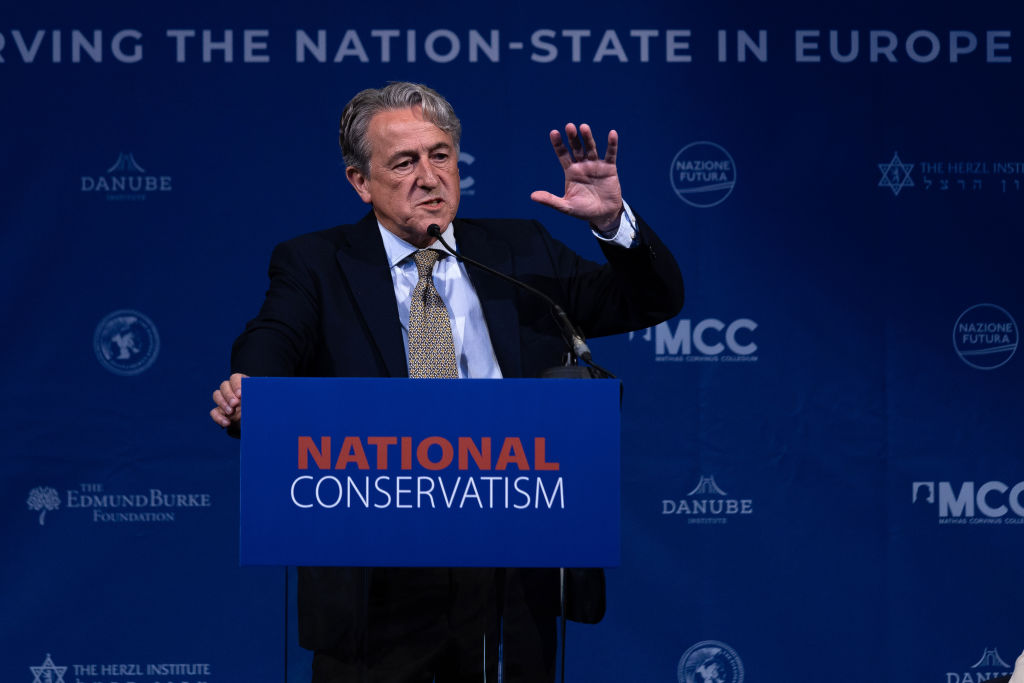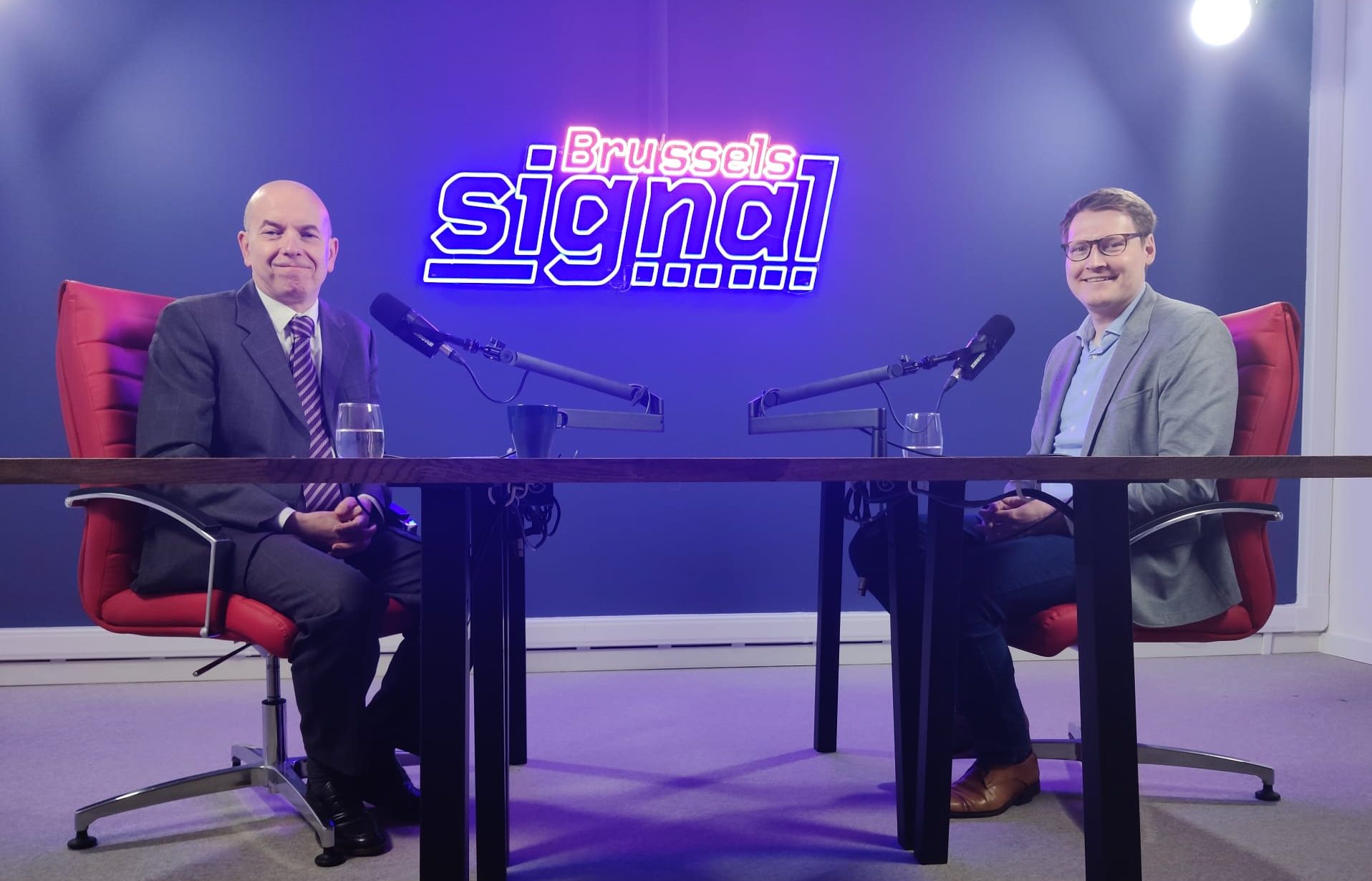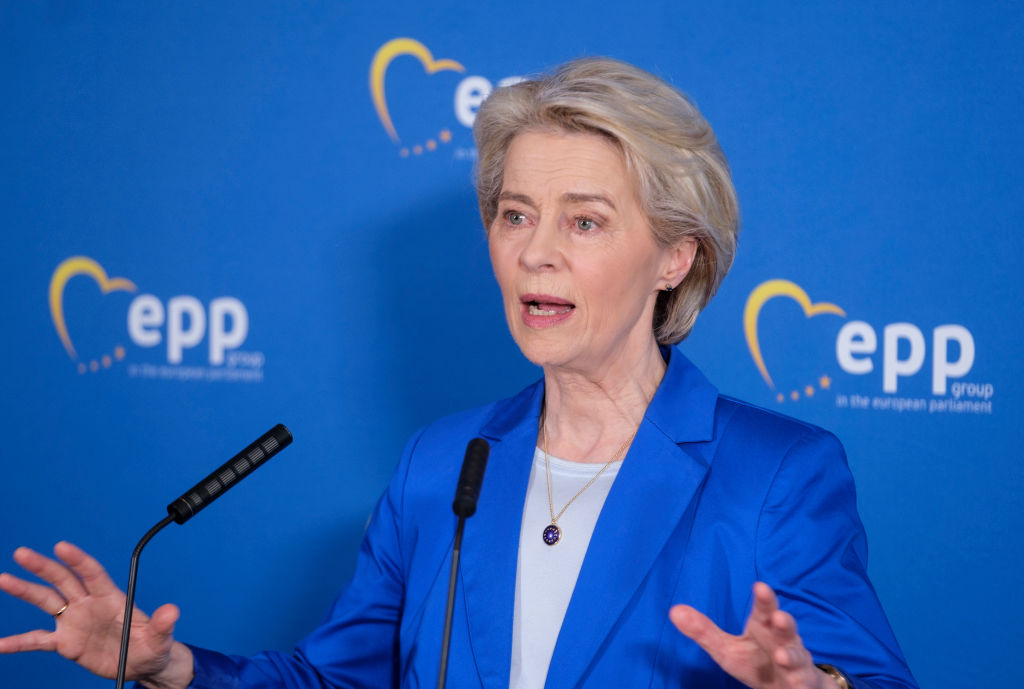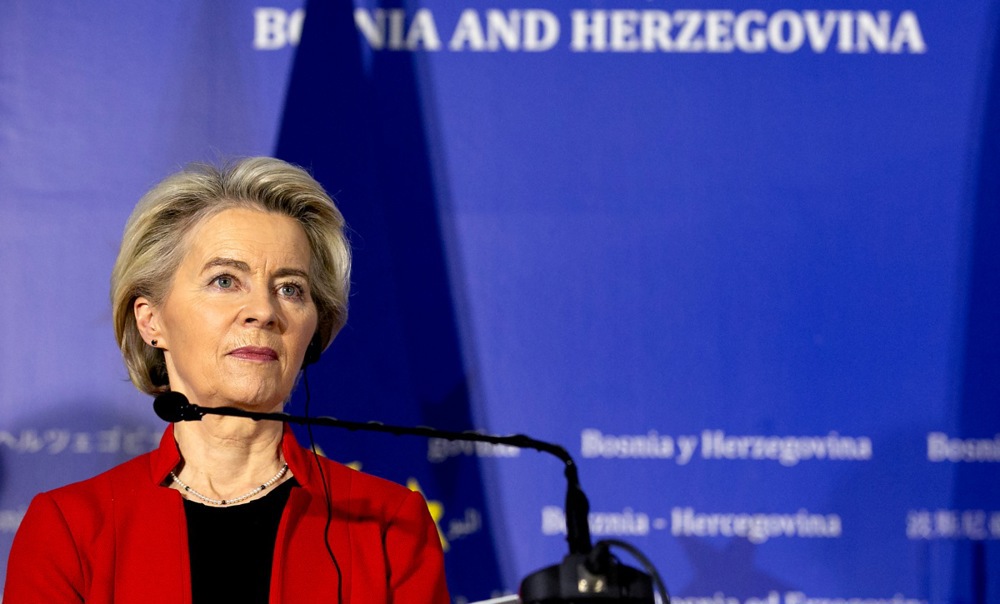European Commission President Ursula von der Leyen has put pressure on the Georgian Government after pro-European Union protests in the country descended into violence.
In a statement published on May 1, von der Leyen said she was following the ongoing protests with “concern”, before adding that Georgian authorities should “heed” the protesters’ message.
“I am following the situation in Georgia with great concern and I condemn the violence in the streets of Tbilisi,” she said.
I am following the situation in Georgia with great concern and condemn the violence on the streets of Tbilisi.
The Georgian people want a European future for their country.
Georgia is at a crossroads. It should stay the course on the road to Europe.
— Ursula von der Leyen (@vonderleyen) May 1, 2024
“Georgia’s citizens are demonstrating their strong attachment to democracy. Georgia is at a crossroads.
“It should stay the course on the road to Europe.”
While von der Leyen refrained from blaming the violence on any specific party, her foreign affairs head Josep Borrell opted to specifically blame the police for the clashes.
We need concrete consequences!
– withdrawal of the EU-candidate status
– stop the funds for ?? projects
– sanction Bidzina Ivanishvilli
– travel bans for MPs who vote in favour of the #RussianLaw https://t.co/NBnlqnCan7— Viola von Cramon ?????? (@ViolavonCramon) May 1, 2024
“I strongly condemn the violence against protesters in Georgia who were peacefully demonstrating against the law on foreign influence,” he wrote on social media.
“Georgia is an EU candidate country, I call on its authorities to ensure the right to peaceful assembly.”
“Use of force to suppress it is unacceptable,” Borrell added.
Other European lawmakers have even suggested that Georgia should be stripped of its EU candidacy status over the violence.
“We need concrete consequences!” German MEP Viola von Cramon said, adding that a “withdrawal of the EU-candidate status” was now warranted.
During a visit to Tbilisi, the EU's top diplomat @JosepBorrellF said Brussels was keen to bring Georgia fully into the bloc but highlighted the problems hindering the country’s accession bid. @eu_eeas https://t.co/x4hYPlAjTZ
— Brussels Signal (@brusselssignal) September 8, 2023
Prompted by the passing of a law mandating NGOs and media outlets that receive more than 20 per cent of their funding from abroad to register with the Government, tens of thousands of protesters have rocked the Georgian capital and provoked a harsh response from police.
The demonstrations have been characterised as a pro-EU movement within the country aimed at curtailing Russian interference, with numerous media outlets claiming the NGO law would endanger civil liberties.
There are also suggestions the move is aimed at distancing the country from the EU, with many describing the legislation as being aligned with Moscow.
Georgian Prime Minister Irakli Kobakhidze has rejected such a description and insisted the new law was about protecting the country’s democracy and society from being manipulated by foreign actors.
“Transparency stands as one of the fundamental European values,” he said on May 1, having previously stated that joining the EU remained the “paramount foreign policy objective for Georgia and its people”.
“There’s no evidence to suggest that requiring NGOs to publish a declaration once a year contradicts European principles,” he said.
“Nevertheless, certain foreign politicians and officials persist in spreading defamatory and negative statements regarding the draft law on transparency.”
Honored to deliver a speech on behalf of the people of ?? at CPAC Hungary 2024. Voiced ??'s commitment to standing for shared values of freedom and sovereignty. As we embrace these fundamental ideals and uphold our national dignity, we also strengthen bonds and advance principles… pic.twitter.com/5p89n2vMJT
— Irakli Kobakhidze (@PM_Kobakhidze) April 25, 2024
Prompted by the passing of a law mandating NGOs and media outlets that receive more than 20 per cent of their funding from abroad to register with the Government, tens of thousands of protesters have rocked the Georgian capital and provoked a harsh response from police.
The demonstrations have been characterised as a pro-EU movement within the country aimed at curtailing Russian interference, with numerous media outlets claiming the NGO law would endanger civil liberties.
There are also suggestions the move is aimed at distancing the country from the EU, with many describing the legislation as being aligned with Moscow.
Georgian Prime Minister Irakli Kobakhidze has rejected such a description and insisted the new law was about protecting the country’s democracy and society from being manipulated by foreign actors.
“Transparency stands as one of the fundamental European values,” he said on May 1, having previously stated that joining the EU remained the “paramount foreign policy objective for Georgia and its people”.
“There’s no evidence to suggest that requiring NGOs to publish a declaration once a year contradicts European principles,” he said.
“Nevertheless, certain foreign politicians and officials persist in spreading defamatory and negative statements regarding the draft law on transparency.”
Through NGO's, the #EU + #US use their wealth to set up parallel Publics in non EU Countries like #Georgia. These influential unelected NGO representatives have access to Resources + Politicians in Brussels + Washington – They spread propaganda and police the terms of debate… pic.twitter.com/1X52meX3Tg
— Mick Wallace (@wallacemick) April 24, 2024
Kobakhidze also railed against any suggestion that the transparency law was “Russian” in nature, describing such claims as being a “barefaced lie”.
He added that if it truly was the wish of the Georgian Government to crush freedom of expression, it would have done so by copying a recently passed Russian law restricting the activities of Western-aligned organisations in the country.
“If we wanted to do that, we would have copied the Russian law,” the PM said, adding that “none” of the features of the Moscow legislation could be found in the Georgian text.
Some representatives within the European Parliament have suggested the current protests represented an attempt by some Western-aligned elements to destabilise the country, which has aligned itself with Hungary in recent weeks.
Through NGO's, the #EU + #US use their wealth to set up parallel Publics in non EU Countries like #Georgia. These influential unelected NGO representatives have access to Resources + Politicians in Brussels + Washington – They spread propaganda and police the terms of debate… pic.twitter.com/1X52meX3Tg
— Mick Wallace (@wallacemick) April 24, 2024
Speaking in the EP, Irish MEP Mick Wallace had accused the EU and US of attempting to interfere with Georgian democracy using NGOs.
“The foreign agents law is flawed,” he said. “But if it is enacted, it will be the result of anti-democratic EU and US meddling in Georgia.”
“You’ve pushed too hard for too long.”
We asked the former director of Frontex and National Rally EU election candidate @FabriceLeggeri why he thinks he's being targeted after he was accused by left-wing NGOs of being complicit in crimes against humanity.
This was his response⬇️#CPACHungary2024 pic.twitter.com/AhtwdOrapf
— Brussels Signal (@brusselssignal) April 25, 2024





